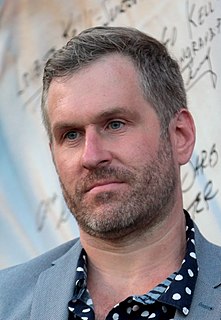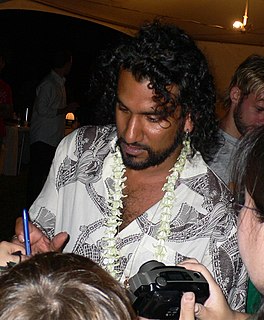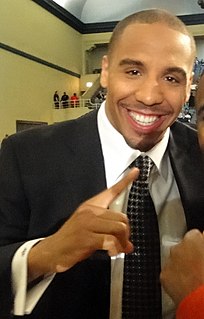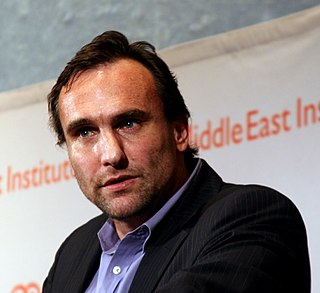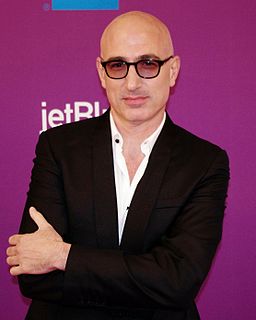A Quote by Noam Chomsky
The rise of what's called Islamic fundamentalism is to a significant extent a result of the collapse of secular nationalist alternatives which were either discredited internally or destroyed, leaving few other options. Something like that may be true of American society.
Related Quotes
Scholars, who pride themselves on speaking their minds, often engage in a form of self-censorship which is called "realism." To be "realistic" in dealing with a problem is to work only among the alternatives which the most powerful in society put forth. It is as if we are all confined to a, b, c, or d in the multiple choice test, when we know there is another possible answer. American society, although it has more freedom of expression than most societies in the world, thus sets limits beyond which respectable people are not supposed to think or speak.
That's precisely what I did. Let's not forget Raqqa is not the first capital of the Islamic State. The first capital of the Islamic State when it was called the Islamic State was the Iraqi city of Ramadi. And the only way I was able to access that city was by going in with American marines and soldiers who were desperately fighting for their lives.
I try to look at it like an angry optimist. In other words, I'm not happy with the state of affairs that we have. The rise of nationalism under the guise of patriotism is so effed up, and underneath this banner of "patriotism" is the worst of nationalist rhetoric: racism, xenophobia, sexism, pitting communities against each other, implicitly inciting race wars and stuff like that. So that's the angry part of it, but I'm incredibly optimistic about the potential to redefine what it means to be a "patriotic American" .
Even to this day it is easier than it ought to be for me to get a rise out of an American by telling him something about himself which is equally true about every human being on the face of the globe. He at once resents this as a disparagement and an assertion on my part that people in other parts of the globe are not like that, and are loftily superior to such weaknesses.
In Israel, it always meant - and a lot of that is still true - there was only one kind of man you could be, there were no alternatives, no options. If you were from a good family, you were supposed to be a successful soldier at 18 and be strong, and prepared to protect your wife and family, or family and children, and be prepared to die for your country.


